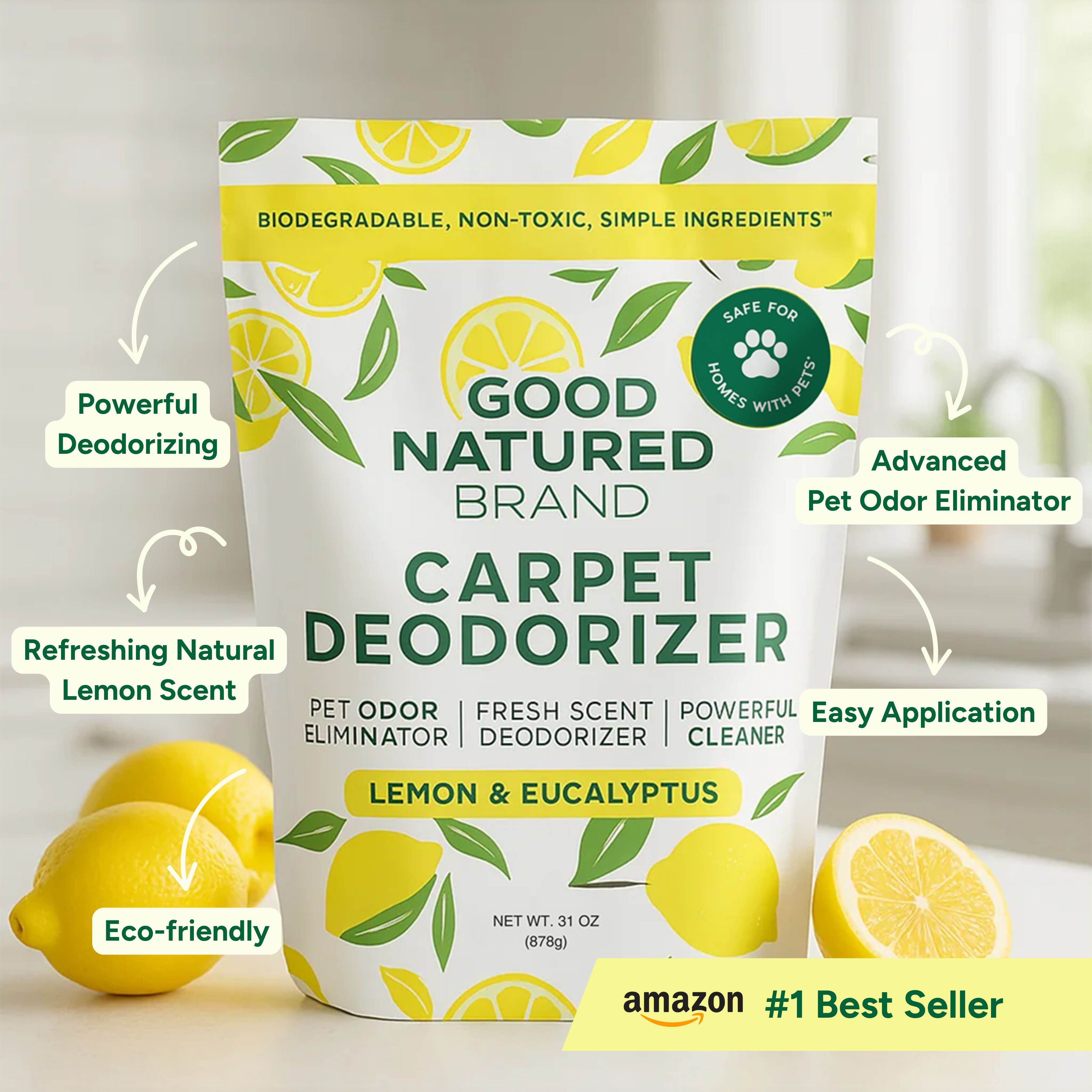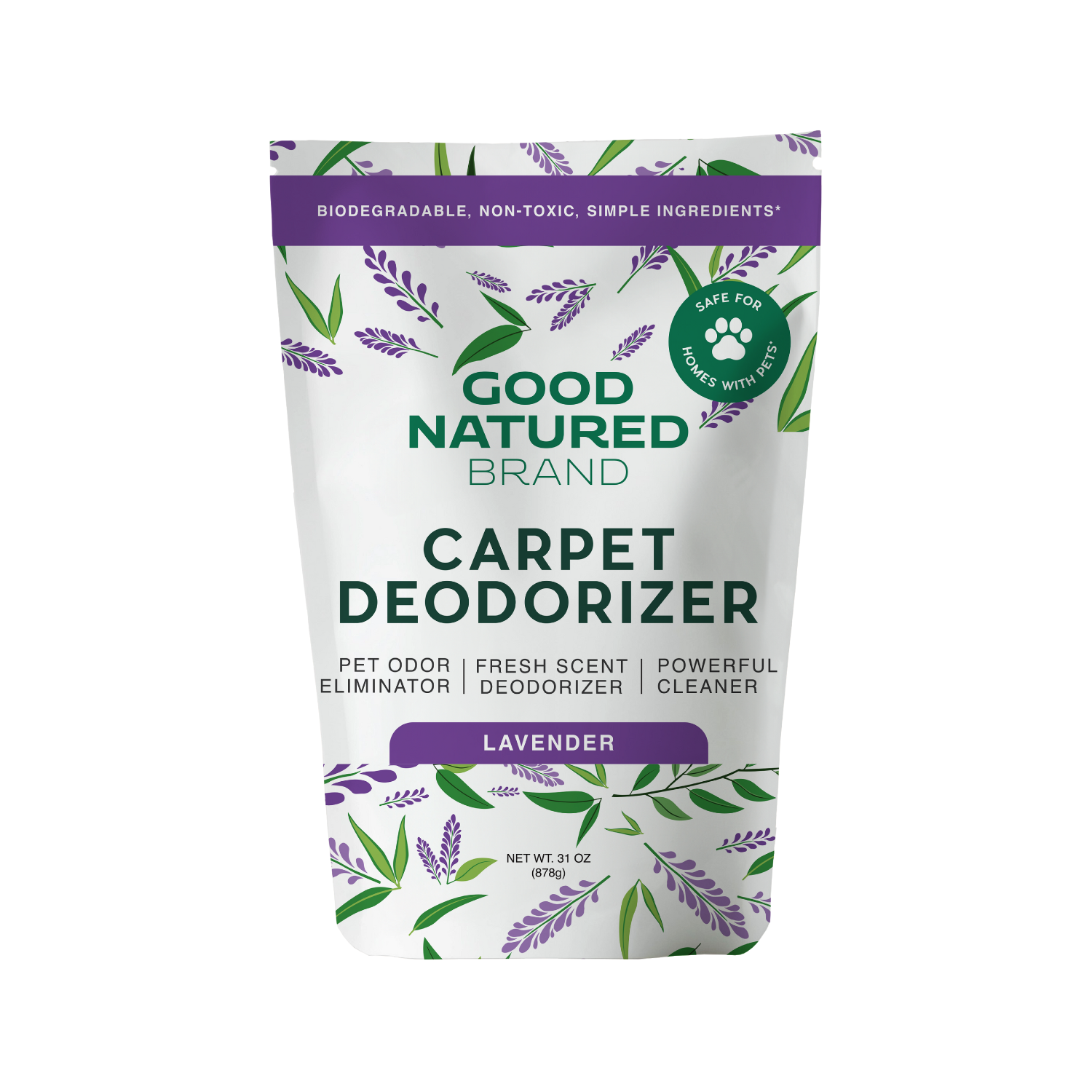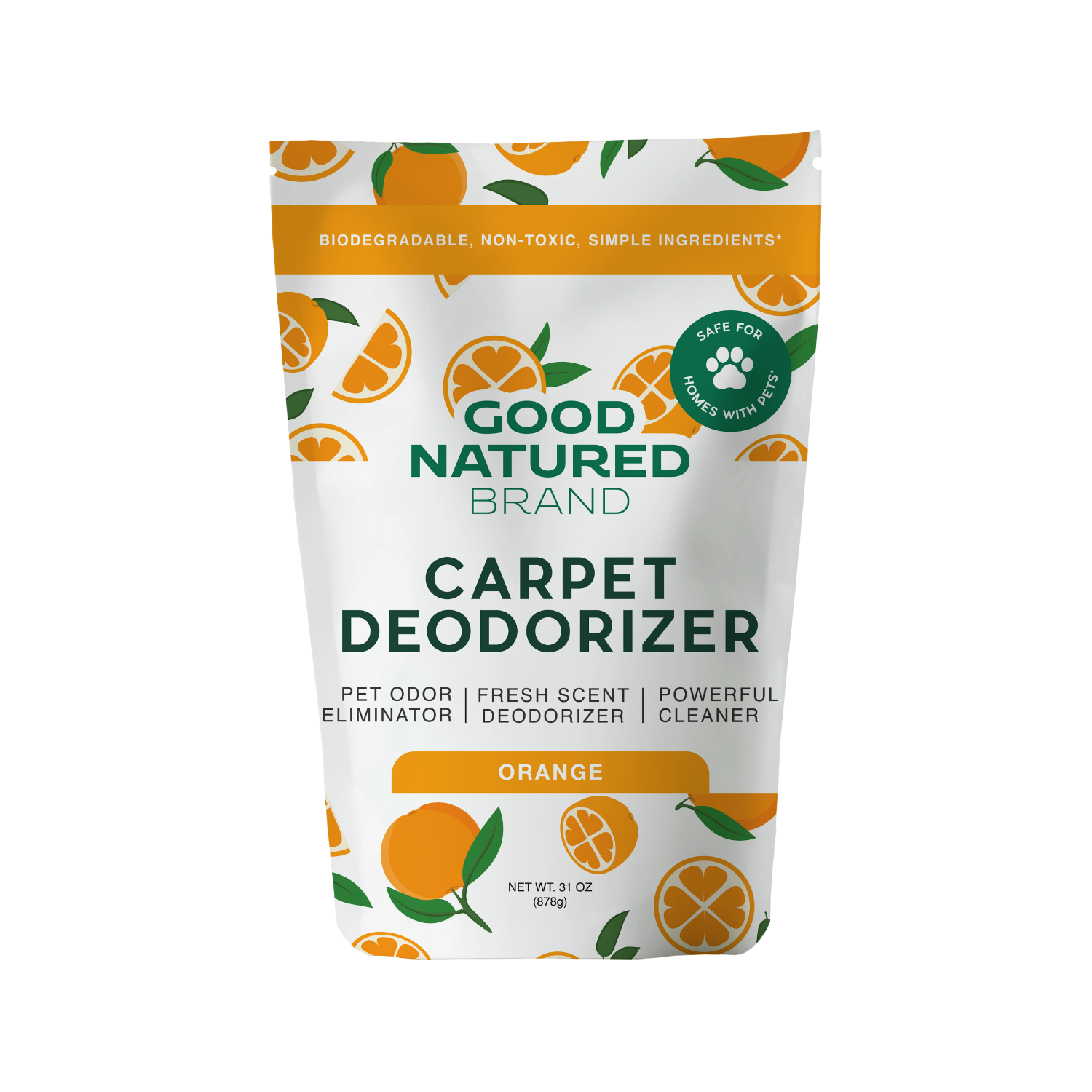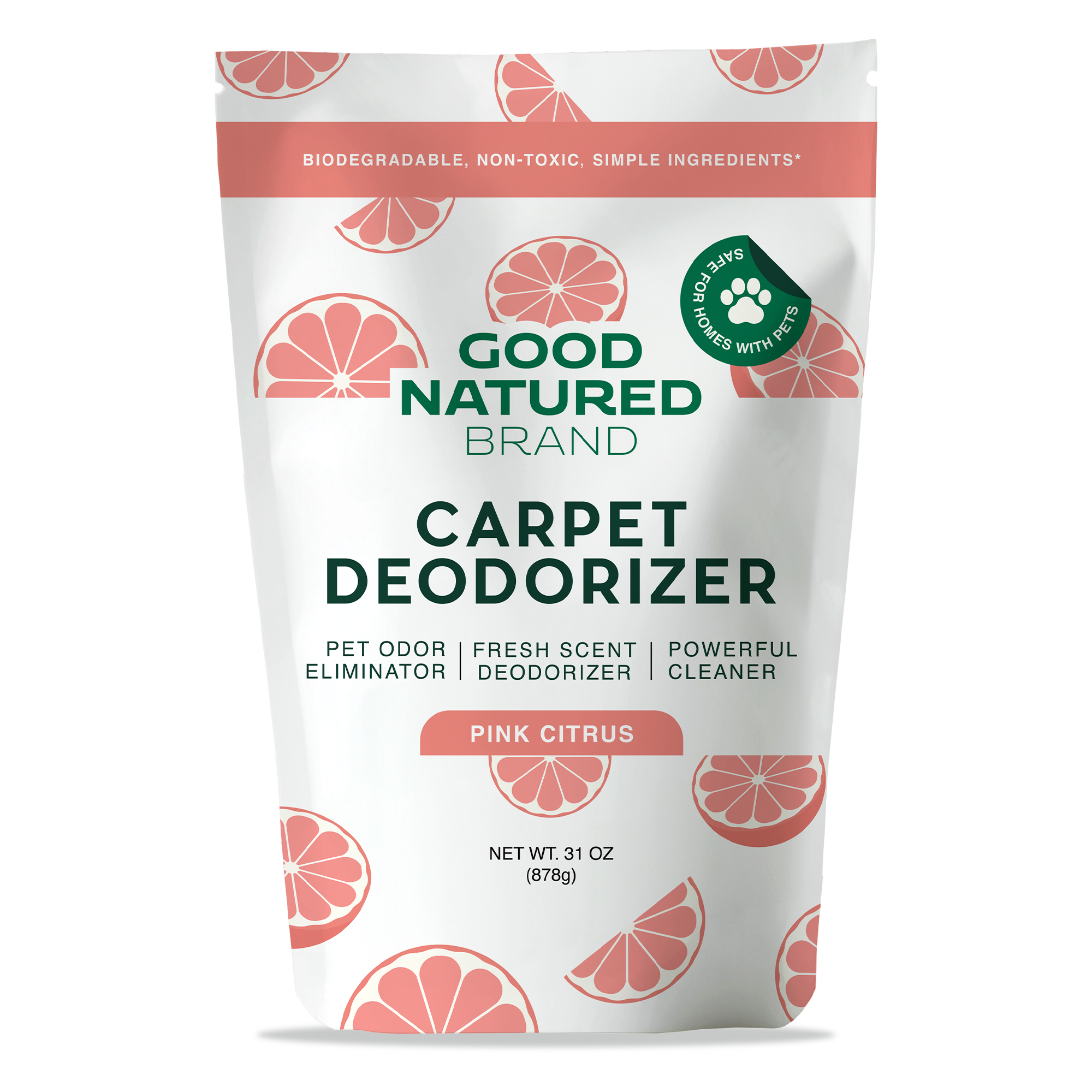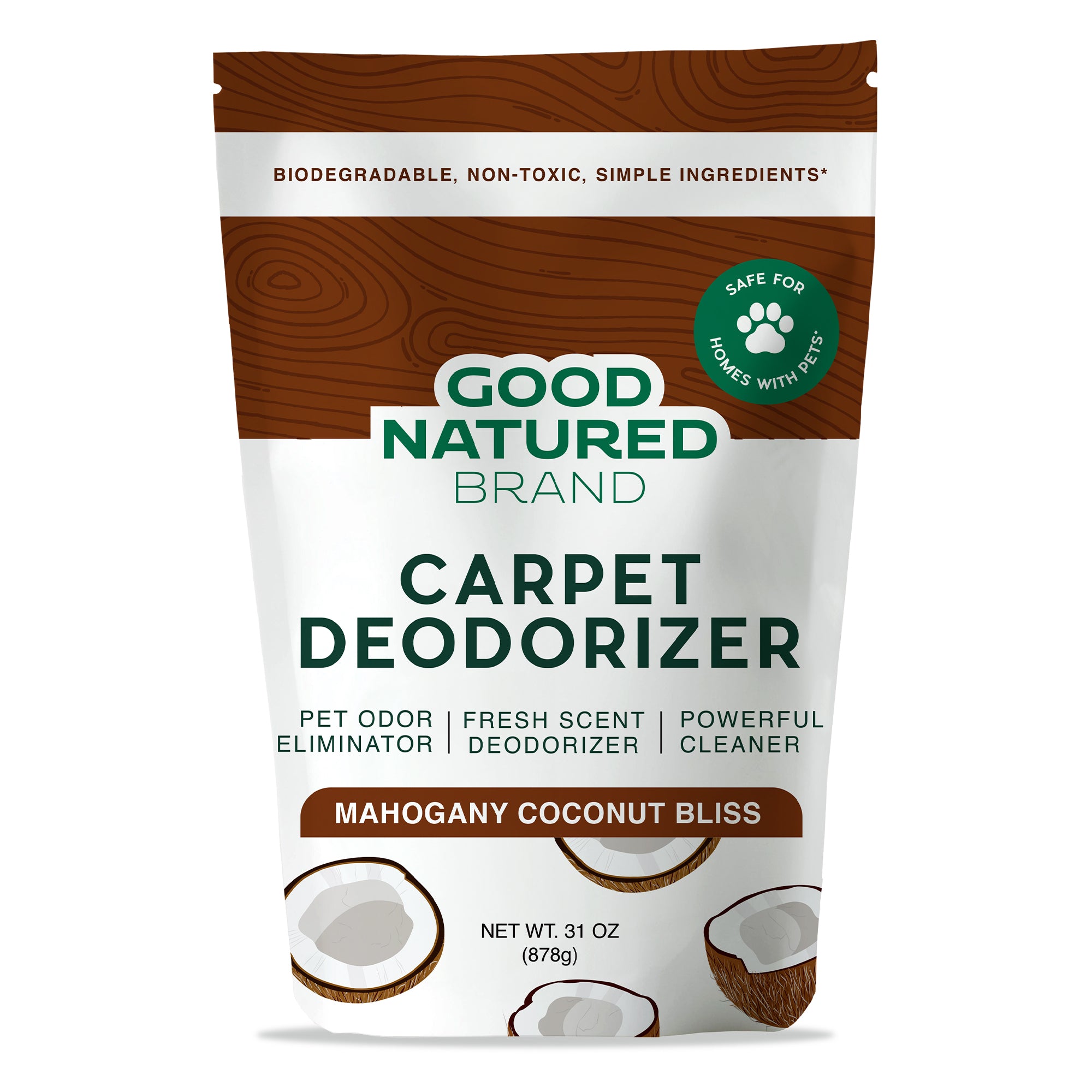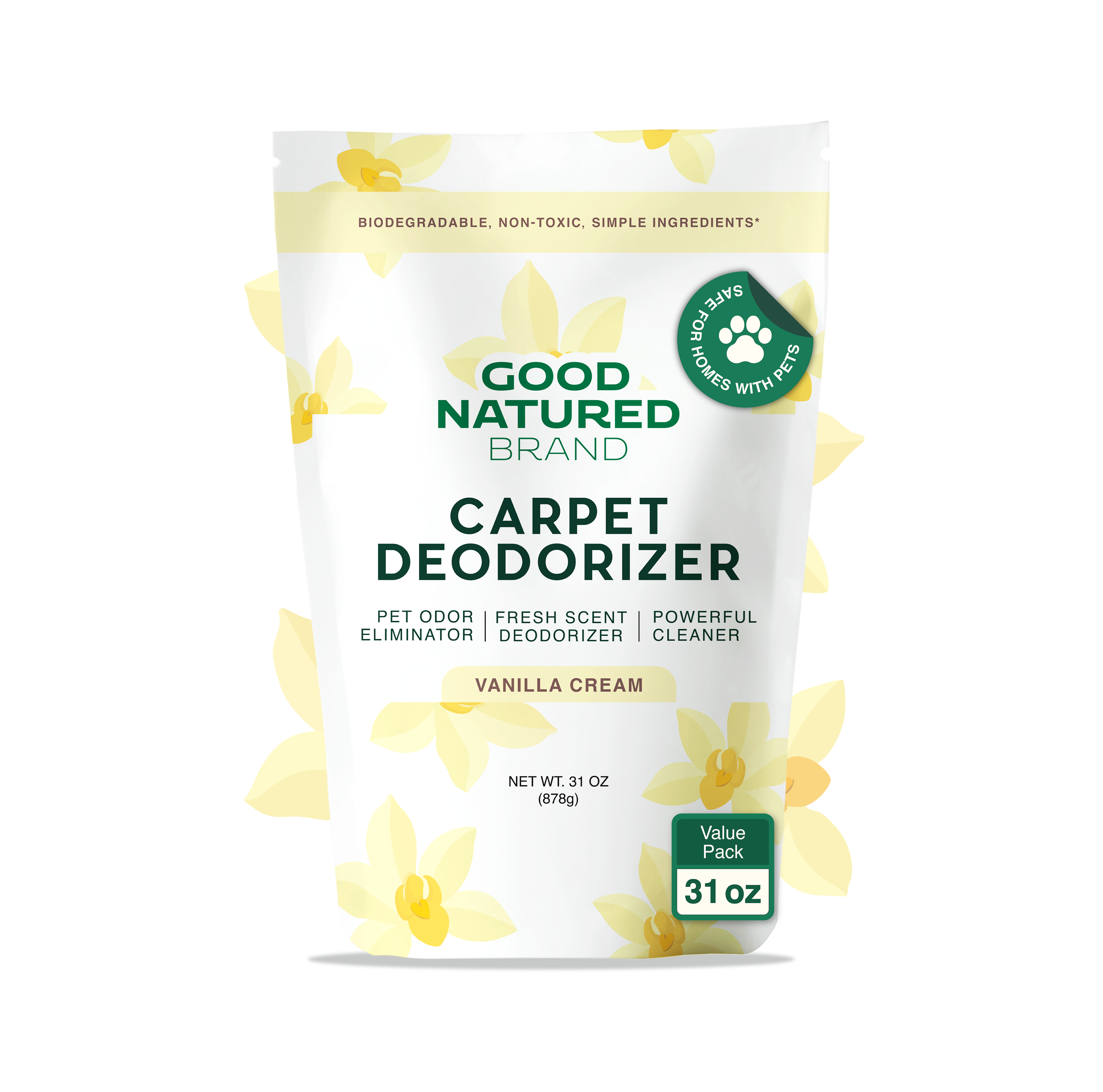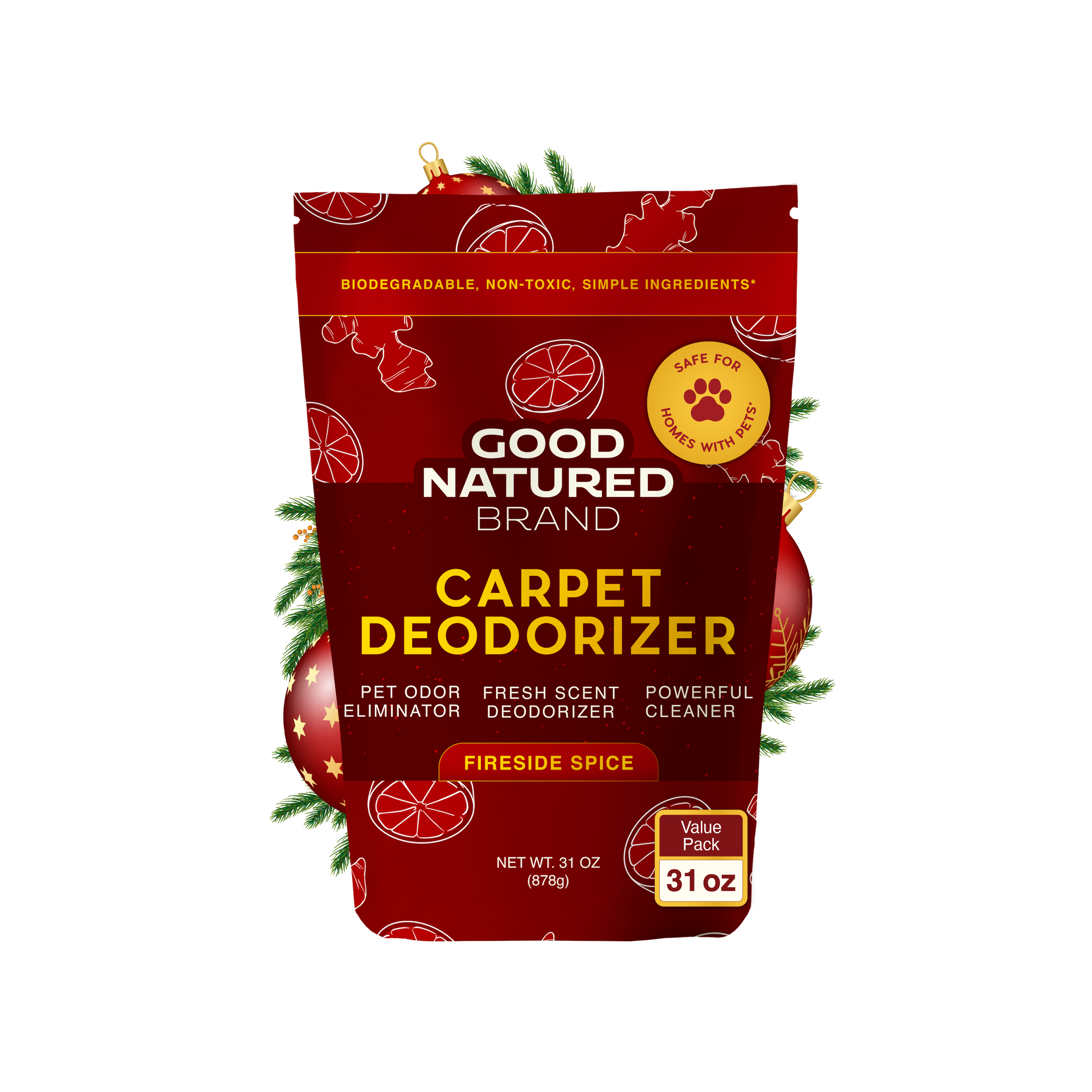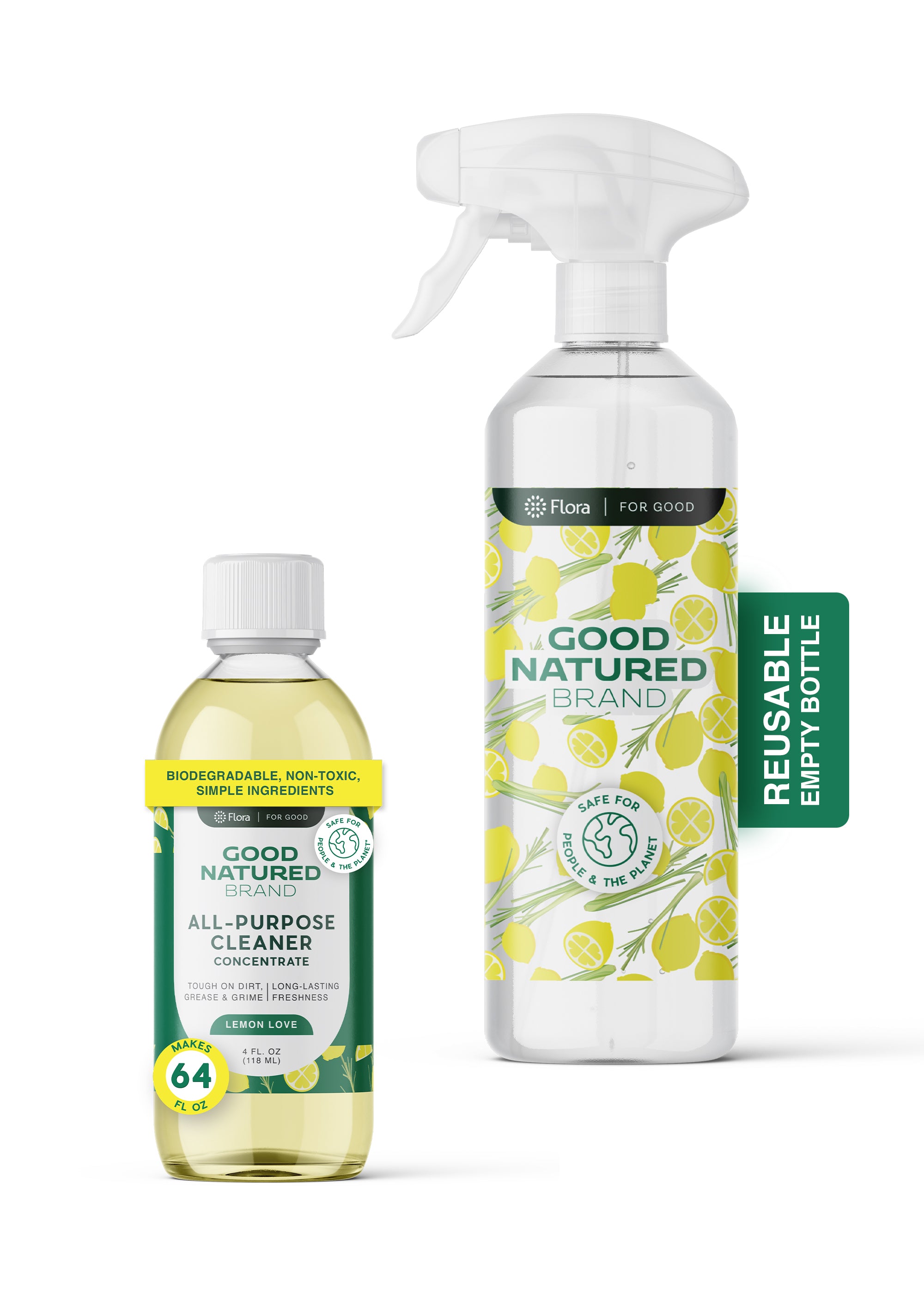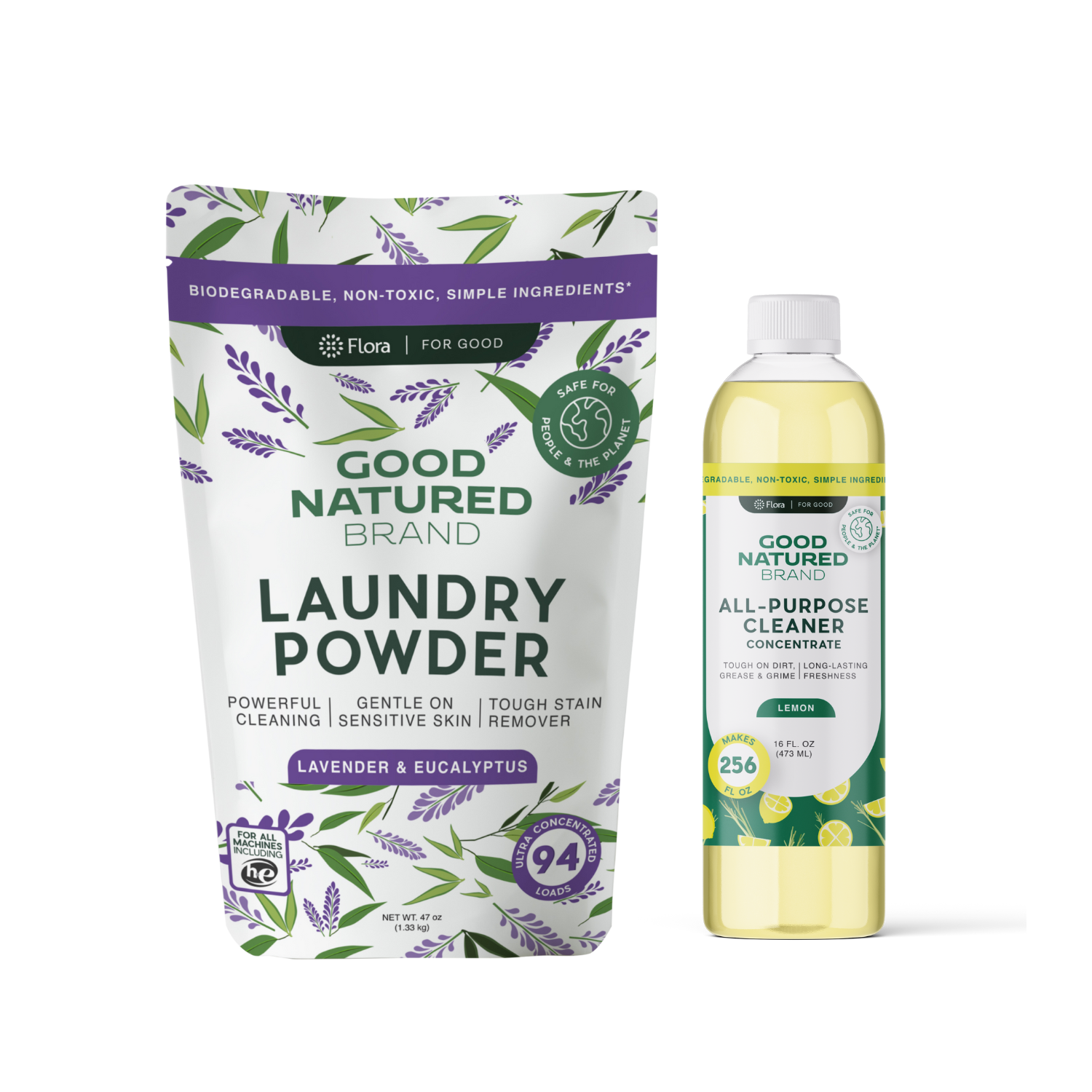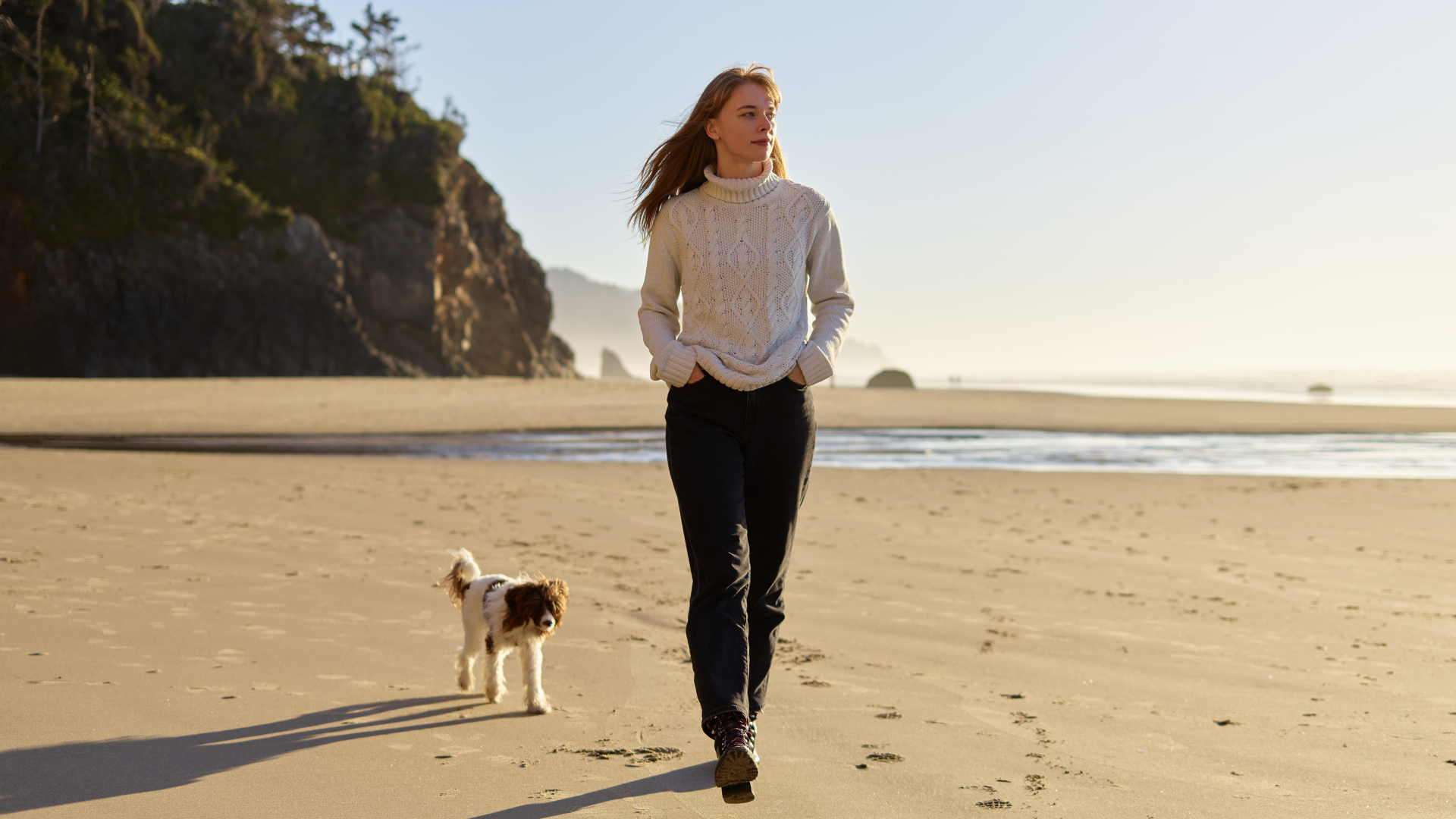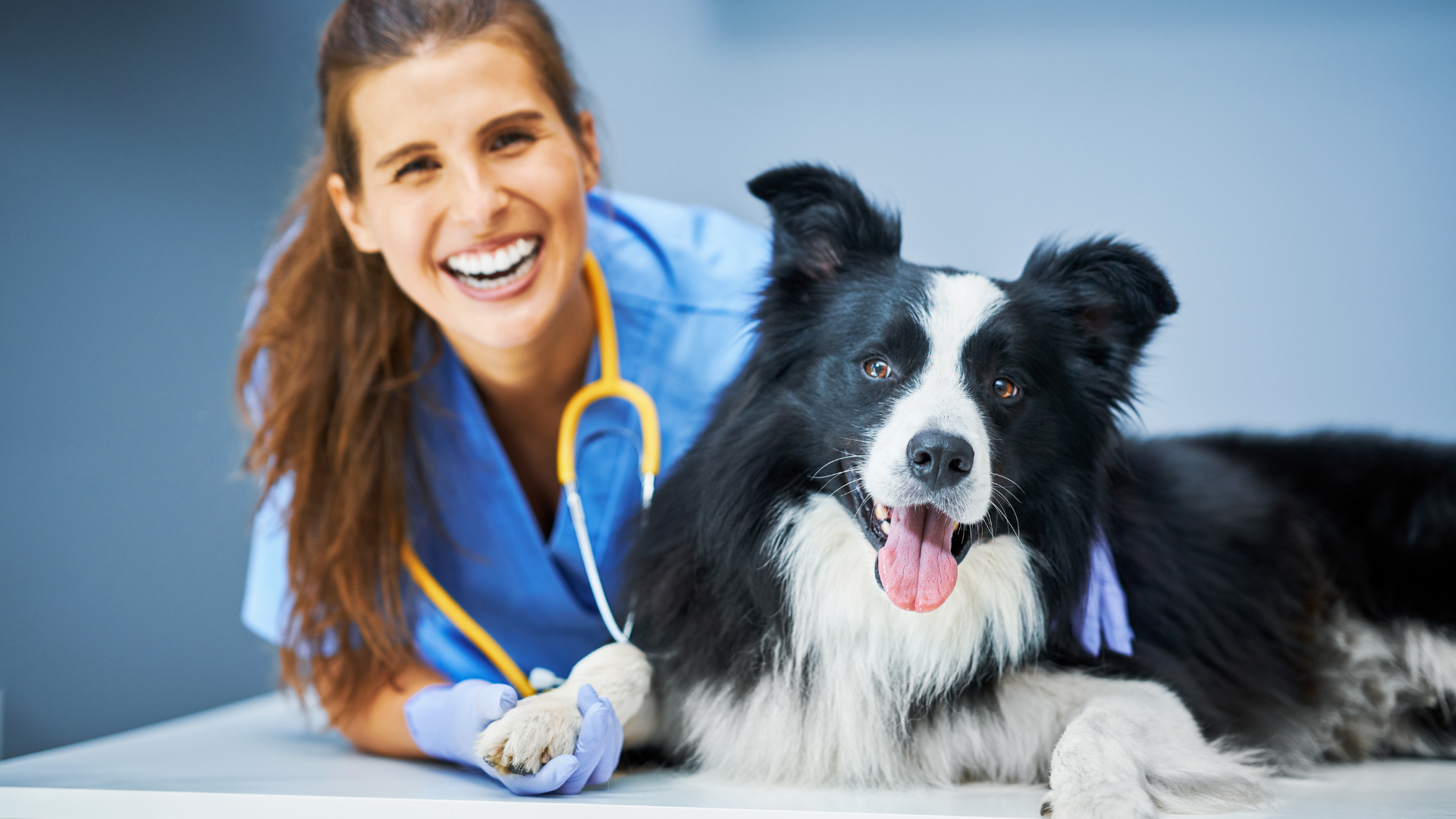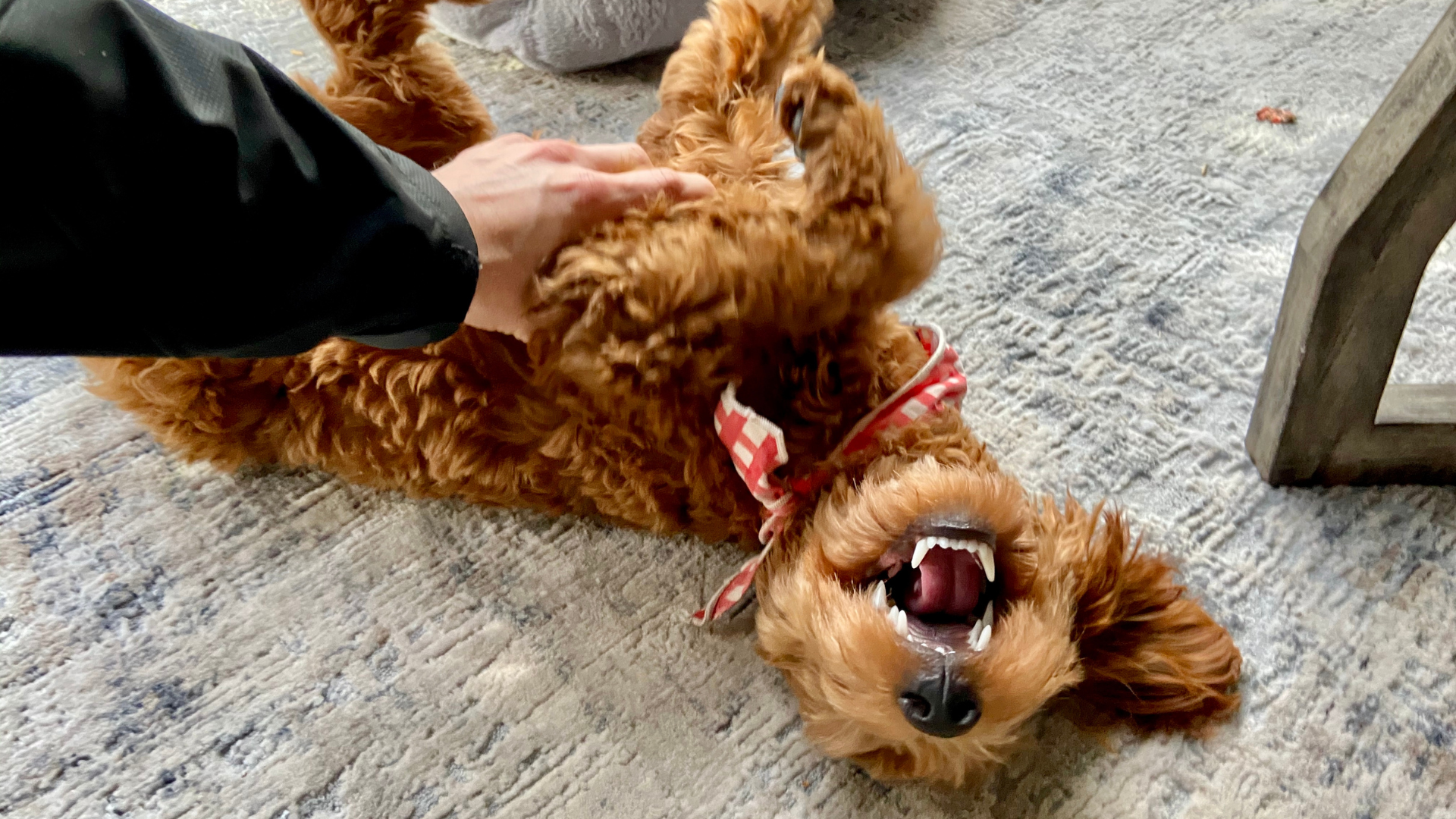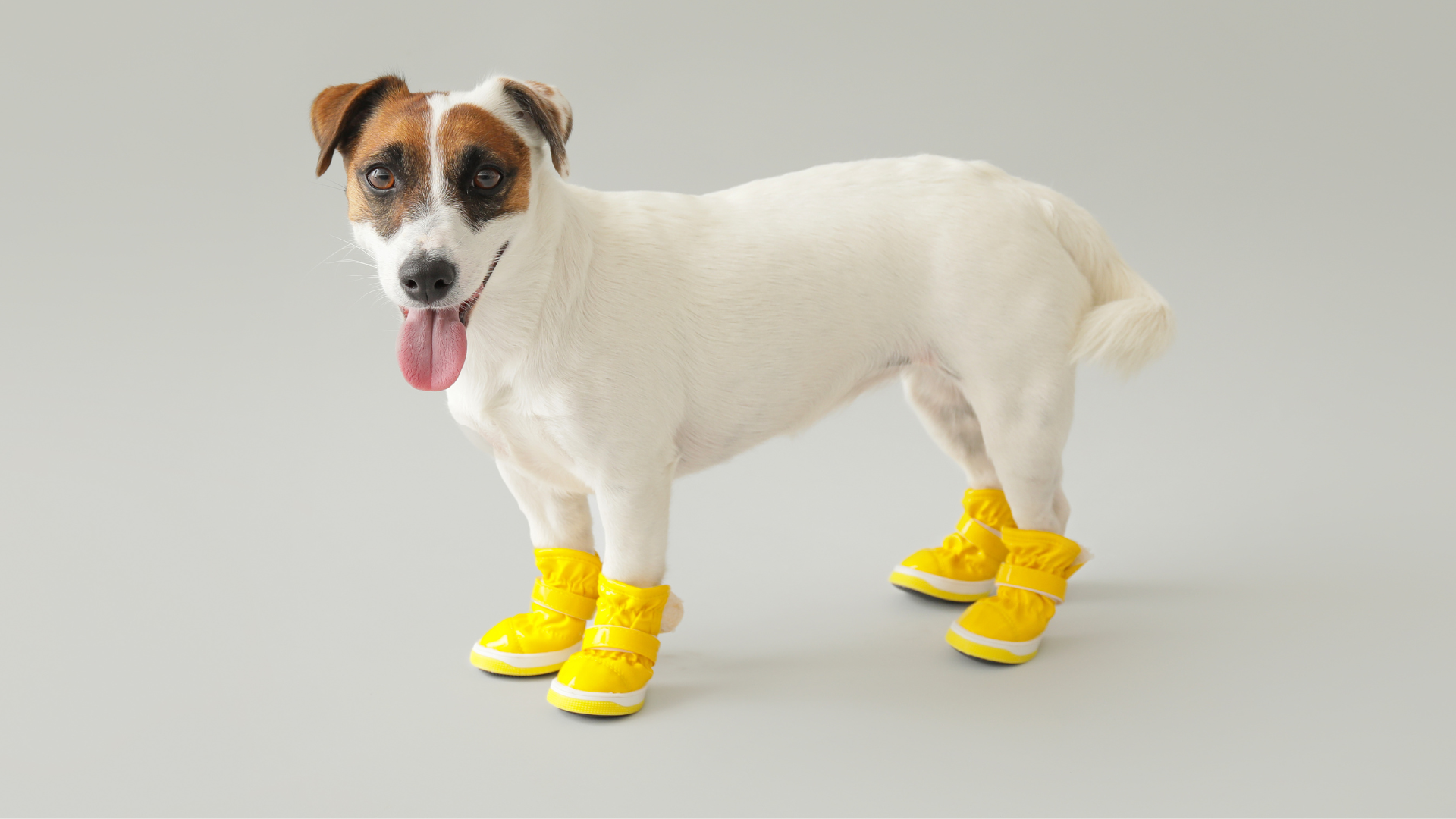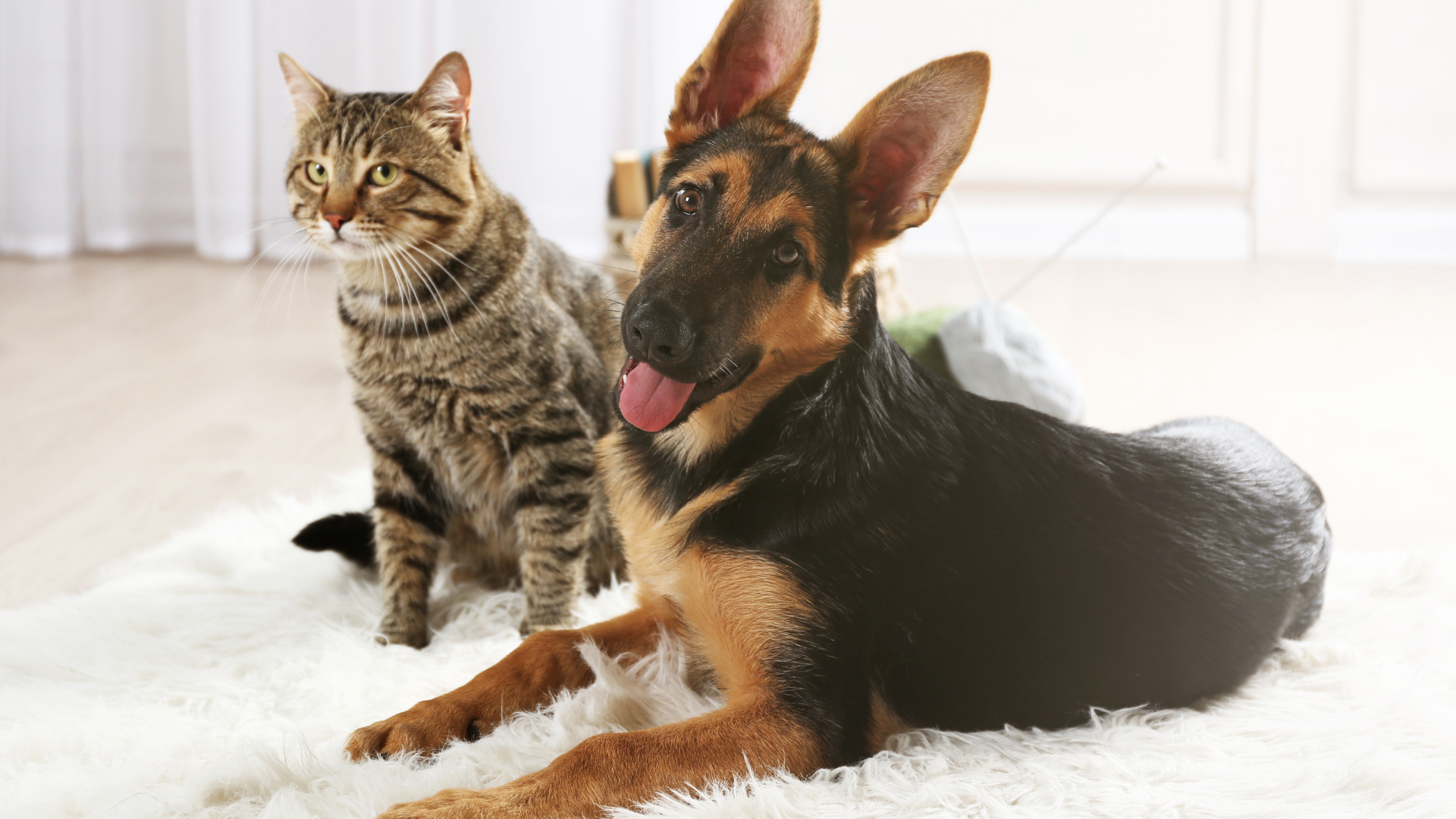What Does It Mean When Dogs Stare at You While Pooping?
If you’ve ever found yourself locked in an unexpected eye contact moment with your dog mid-squat, you’re not alone. This peculiar behavior may feel awkward, but it's surprisingly common—and even a little endearing once you understand it.
A Sign of Trust and Bonding
When a dog stares at you while pooping, it’s not trying to embarrass you—it’s expressing trust. In the wild, eliminating waste is a vulnerable act. Animals must let their guard down, making them easy targets for predators. By staring at you, your dog is essentially saying, “I trust you to watch my back.” This unspoken bond is rooted in loyalty and the security you provide.
This behavior is more than just instinct—it’s a form of emotional connection. Eye contact in dogs can release oxytocin (the “love hormone”), the same hormone that strengthens the bond between human parents and their babies. So, while you may just be supervising a potty break, your dog is engaging in an act of deep loyalty.
Pack Mentality and Evolutionary Roots
Dogs are pack animals by nature. In a pack, members rely on one another to stay safe. During vulnerable activities like sleeping—or in this case, pooping—other pack members keep watch. Your dog sees you as part of their pack, possibly even the leader. That intense stare? It's your pup checking in with their “alpha” to ensure the coast is clear.
This instinct is stronger in some breeds than others. Dogs bred for guarding or herding, such as German Shepherds or Border Collies, often exhibit this behavior more noticeably. But even a tiny Chihuahua or a laid-back Lab may default to this evolutionary behavior without realizing it.
Protecting the Pack Leader (You)
Interestingly, while your dog may be seeking protection, they may also be trying to protect you. Some dogs assume the role of family guardian, even during their most vulnerable moments. Maintaining eye contact lets them stay alert and reactive, just in case they need to jump into action.
This is especially common in dogs with strong protective instincts. If your dog tends to be more territorial or wary around strangers, the bathroom stare could be part of their internal alert system. They’re staying ready—even while they go.
In moments like these, creating a safe, clean environment for your pet helps reinforce the sense of comfort. For outdoor potty areas, a natural solution like our All Purpose Cleaners can keep the space fresh and free from harmful chemicals, offering peace of mind for both you and your pup.
The Role of Canine Vulnerability
Understanding the vulnerability factor in canine behavior is key to decoding the stare.
Why Pooping Is a Moment of Exposure
When dogs squat to relieve themselves, their bodies are exposed, and their attention is divided. They can't easily scan their environment for threats. This innate feeling of exposure triggers their need to rely on someone else for security—typically, the person they trust most: you.
If your dog was once in a shelter or came from a stressful environment, this behavior might be even more ingrained. For these pups, bathroom time is a tense moment, and your presence is a comforting safety net.
Dog’s Natural Instinct to Seek Safety
Even in a fenced backyard or quiet neighborhood, your dog may still feel the pull of instinct. They might be aware of strange noises, other animals, or new smells. Looking at you helps them feel grounded. It's their way of saying, "Are we okay? Is everything safe?"
Creating a stress-free environment can make a big difference in how your dog behaves. For example, keeping dog blankets, towels, or indoor potty pads clean with non-toxic products like our Laundry Powders can reduce lingering scents and build a cleaner, calmer atmosphere for your pup.
How Eye Contact Helps Them Feel Secure
Eye contact is more than just a connection—it’s reassurance. If your dog stares and sees you calm, present, and relaxed, it sends a signal that they’re safe. On the flip side, if you seem nervous or scold them, they may internalize that and develop anxiety around bathroom time.
By holding that gentle eye contact—or simply being nearby—you’re telling your dog, “I’ve got you.” That quiet moment of mutual trust builds confidence and strengthens your relationship.
And let’s not forget the aftermath: indoor accidents are inevitable, especially with puppies or older dogs. Keep your home naturally fresh with Carpet Deodorizers that are safe for pets and help eliminate odors without harsh chemicals.
Is It a Learned Behavior or Genetic Instinct?
Early Puppy Conditioning
Some dogs may develop the habit of staring at you during bathroom time based on how they were trained as puppies. If you consistently praised or rewarded your dog during potty training, they may now look to you for approval. Over time, this simple act can evolve into routine eye contact—even in adulthood.
Puppies who were heavily supervised or corrected during training may also form the habit out of habit or anxiety. Recognizing your facial cues during those moments helped them understand what was “good” or “bad” behavior.
Reinforcement Through Human Response
Think about how you react when your dog poops. Do you talk to them, make eye contact, or give a treat afterward? These interactions teach your dog that looking at you during this time is part of the process. Whether you realize it or not, you may be reinforcing the behavior every day.
This is why consistency in your reactions—and the environment—is so important. Dogs are sensitive to your tone, energy, and even scent. Using calming, plant-based products like those found on our main page can help maintain a low-stress household, which naturally impacts your dog's habits.
Interpreting Dog Eye Contact
If you’ve ever wondered whether your dog’s bathroom stare is an attempt to communicate something deeper—you're absolutely right. Eye contact isn’t just about checking for safety; it’s also a key part of how dogs “talk” to us.
Is It Curiosity or Communication?
Sometimes, your dog’s gaze might be less about vulnerability and more about curiosity. Dogs are highly observant and in tune with your routines. If you typically walk them at the same time or take a particular route, they start picking up on patterns. When they look at you during a potty break, they might be waiting for cues—Are we done? Are you going to praise me? Is there a treat coming?
This form of non-verbal communication reinforces your bond and helps your dog feel in sync with you. It’s not always urgent or anxious—it can simply be part of the rhythm you’ve built together.
How to Differentiate Stress from Affection
Of course, not all staring is created equal. Learning to interpret your dog’s facial expressions and body language is essential for spotting stress. Stiff posture, tucked tails, flattened ears, or wide eyes can signal unease. These signs, combined with a hard stare, may mean your dog is nervous about their surroundings.
On the other hand, if your dog maintains soft, relaxed eye contact while wagging their tail or wiggling their body, it’s a sign of trust and affection—even while pooping.
Either way, ensuring your dog’s environment feels clean, familiar, and non-threatening makes a big difference. Indoors, if accidents happen, using Carpet Deodorizers can remove lingering odors that may cause anxiety or territorial stress. These natural solutions support a peaceful home for your dog to relax in.
When a Stare Signals Discomfort or Anxiety
It’s important to know when your dog’s stare might indicate more than simple bonding or instinct. Some stares signal discomfort—and it’s our job as pet parents to decode the clues.
Signs Your Dog Feels Unsafe
Dogs may exhibit subtle signs of unease that go unnoticed until behaviors become consistent. If your dog frequently looks around during potty breaks, freezes up, or becomes startled by small noises, they may be uncomfortable. In these cases, their stare at you might be a plea for reassurance.
Factors such as busy environments, new locations, or the presence of other animals can cause stress. Rescue dogs, in particular, may be more sensitive due to past trauma or inconsistent potty training.
Creating a routine and sticking to familiar spaces can help alleviate stress. You can also support your dog by keeping their outdoor potty areas clean using All Purpose Cleaners. These plant-based solutions are non-toxic and perfect for surfaces your dog regularly uses.
Addressing Bathroom Time Stressors
If your dog seems anxious every time they go outside, consider whether they associate the act with something negative—like loud traffic, scolding, or being rushed. Addressing these associations can make a big difference. Patience, positive reinforcement, and a calm environment are key.
Indoors, if you're training a puppy or dealing with an older dog, make sure their bedding, crate, or training areas are clean and odor-free. This helps reduce anxiety and creates a consistent space they feel safe in. Using Laundry Powders for pet bedding and blankets ensures you’re washing with ingredients safe for sensitive skin and noses.
Over time, reducing stress in your dog's environment encourages healthy, confident habits—bathroom time included.
Breed-Specific Behavior Differences
All dogs share basic instincts, but breed temperament plays a huge role in how they express them. Some breeds are more independent, while others are naturally clingy and protective. These traits influence how likely a dog is to stare at you during potty time.
Do Smaller Breeds React Differently Than Larger Ones?
Smaller breeds like Dachshunds, Yorkies, or Chihuahuas tend to be more alert and reactive due to their size. Being closer to the ground and more vulnerable in general, they often feel a stronger need to stay connected to their owner—especially when outdoors. Staring during bathroom breaks is one way they do that.
Larger breeds, such as Golden Retrievers or Great Danes, may feel more physically secure but still seek emotional reassurance. Their stare may be softer or more relaxed, but the instinct to connect remains.
It’s not unusual for working or herding breeds—like Border Collies, German Shepherds, or Australian Cattle Dogs—to keep a constant visual check on their owner. They’re bred to watch, protect, and anticipate. So, if these breeds lock eyes during a squat, it’s often their instincts kicking in.
Examples from Common Breeds
-
Labrador Retrievers: Loyal and affectionate, Labs often maintain eye contact to stay connected. Their stare is usually relaxed, not anxious.
-
Shih Tzus: These companion dogs thrive on closeness. Their stare might be more intense simply because they want to be near you all the time.
-
Terriers: Alert and high-energy, many terriers are quick to react to any environmental change. They may look to you for cues during vulnerable moments.
-
Pit Bulls: Often misunderstood, this breed is loyal and people-focused. Eye contact during pooping can signal trust and connection.
Recognizing these breed-based patterns helps you interpret your own dog’s behavior with more clarity. It also highlights how unique and personalized the pet-parent bond can be.
And while dogs may all squat the same, their reasons for that stare can be as varied as their breeds.
How Should You React When Your Dog Stares at You?
Now that we understand why dogs stare during pooping—instinct, trust, protection—what should you actually do in that moment? The answer is simple: stay calm and supportive.
The Power of a Calm Presence
A calm demeanor goes a long way with dogs. They read our body language and tone far more than we realize. If you act uncomfortable or laugh loudly, they might sense something’s off. If you act annoyed or impatient, they might start associating bathroom time with negative feelings.
Instead, let your dog do their business without unnecessary interruptions. If they’re seeking reassurance by making eye contact, a soft verbal cue like “good boy” or “you’re okay” can help.
Avoid dramatic gestures or breaking the stare in a way that feels jarring. Just being present is enough. Your dog isn’t asking for praise—they’re asking for trust that everything’s fine.
Avoiding Negative Reinforcement
It’s important not to discourage eye contact if it’s coming from a place of vulnerability. Some owners mistakenly interpret the stare as disobedience or odd behavior and scold their dog. This can result in stress-related potty issues, including holding in waste or accidents inside the home.
If indoor accidents occur, always clean up with gentle, non-toxic products. Harsh chemicals can create strong odors that linger, making dogs avoid that area or feel anxious about future bathroom breaks. Our All Purpose Cleaners are ideal for cleaning indoor and outdoor pet areas while being safe for paws and noses.
Creating a Comfortable Bathroom Environment
Where your dog goes matters just as much as when and how. A consistent, clean, and odor-free space can help dogs feel at ease when nature calls.
Best Practices for Outdoor Potty Spots
Try to use the same area for your dog’s potty breaks whenever possible. Familiar surroundings reduce environmental anxiety, especially for puppies or recently adopted pets. Avoid high-traffic areas where distractions, loud noises, or the presence of strangers can make your dog nervous.
If you're using a specific patio, deck, or grass patch for outdoor relief, cleaning it regularly is essential. Odor buildup or bacteria can make dogs reluctant to go. Use our eco-friendly All Purpose Cleaners to refresh the space without introducing harmful chemicals.
Also, ensure the area is free of debris, sharp objects, or lingering feces from previous walks. A tidy environment builds confidence.
Keeping Spaces Clean with Natural Solutions
Indoors, cleanliness affects your dog’s comfort more than you may think. If your dog has an accident inside, odors—even ones you can’t detect—can create stress. Dogs use scent to determine where to go. If the smell is off-putting or confusing, it may cause hesitation or avoidance.
Use Carpet Deodorizers after cleaning to neutralize odors and leave a fresh, pet-safe scent behind. These are especially helpful if your dog uses pee pads or tends to revisit certain spots in the home.
For dogs that sleep near their potty area or have had accidents on blankets or towels, wash fabrics with Laundry Powders made from gentle ingredients. These powders help eliminate pet odors without irritating sensitive skin or triggering allergies.
A clean, scent-neutral environment supports good bathroom habits—and makes your home more comfortable for everyone.
When to Be Concerned About Your Dog’s Staring Behavior
Although the stare is usually harmless, there are times it could indicate a deeper issue.
Excessive Staring and Health Concerns
If your dog’s stare seems unusually intense or frequent—even outside of bathroom time—it could point to discomfort or confusion. Combined with physical signs like straining, panting, pacing, or whining during elimination, it might indicate medical issues such as:
-
Constipation
-
Urinary tract infections
-
Gastrointestinal distress
-
Anal gland impaction
These conditions can cause pain, which may explain the intense eye contact as a cry for help. If you notice these symptoms, document the behavior and consult your veterinarian.
Should You Talk to a Vet?
Always trust your instincts. If your dog suddenly starts staring more than usual during bathroom time, especially if it’s accompanied by changes in posture, bowel habits, or energy levels, it’s worth checking in with a vet. They can rule out underlying conditions or recommend changes in diet or routine.
Additionally, if your dog appears overly anxious or fearful during every potty session—even in safe environments—it may be time to address behavioral or emotional health. Some dogs benefit from professional training or calming routines, particularly rescues or dogs with a traumatic history.
In the meantime, maintaining a peaceful and chemical-free environment at home can provide critical support. Explore more tips for natural home care on our blog, and check out our full product line for safe solutions on the main page.
Conclusion
Your dog’s stare during bathroom time might seem odd at first—but it’s actually a meaningful display of trust, vulnerability, and instinct. Whether they’re seeking your protection, checking in for approval, or simply following the evolutionary cues of their ancestors, dogs communicate more than we often realize in those quiet moments.
Understanding this behavior gives you the opportunity to build even stronger bonds with your pet. It reminds us that dog bathroom habits aren’t just about routine—they’re about safety, connection, and communication. By providing a secure environment and responding with calm support, you help your dog feel confident and cared for.
Of course, supporting your pup also means maintaining a clean and comfortable space for them. Whether it’s refreshing indoor areas with Carpet Deodorizers, keeping their blankets fresh with Laundry Powders, or scrubbing their outdoor potty zones with All Purpose Cleaners, Good Natured Brand has your back—and your pet’s.
For more pet-friendly living tips and natural product recommendations, explore our blog or browse our main page to discover how we’re helping pet parents create cleaner, greener homes.
FAQs
1. Why does my dog stare at me when pooping?
Dogs feel vulnerable when pooping, and by making eye contact, they’re seeking reassurance and safety from their trusted human. It’s a natural instinct rooted in pack behavior and protection.
2. Is it normal for dogs to stare while going to the bathroom?
Yes, this is a common behavior. Many dogs look to their owners for signals of safety or routine. It’s a form of silent communication and bonding.
3. Should I worry if my dog always stares at me during bathroom time?
Not necessarily. If the stare is soft and calm, it’s usually harmless. However, if it’s intense or accompanied by signs of stress, straining, or discomfort, consult your vet.
4. How can I reduce my dog’s stress during potty time?
Keep their environment calm, consistent, and clean. Avoid scolding, create familiar routines, and use safe products like Carpet Deodorizers or All Purpose Cleaners to maintain a pleasant space.
5. What can I use to clean up after my dog safely and naturally?
For indoor messes, use non-toxic Carpet Deodorizers. Wash their bedding with Laundry Powders, and clean outdoor areas with All Purpose Cleaners. These products are safe for pets and the planet.
